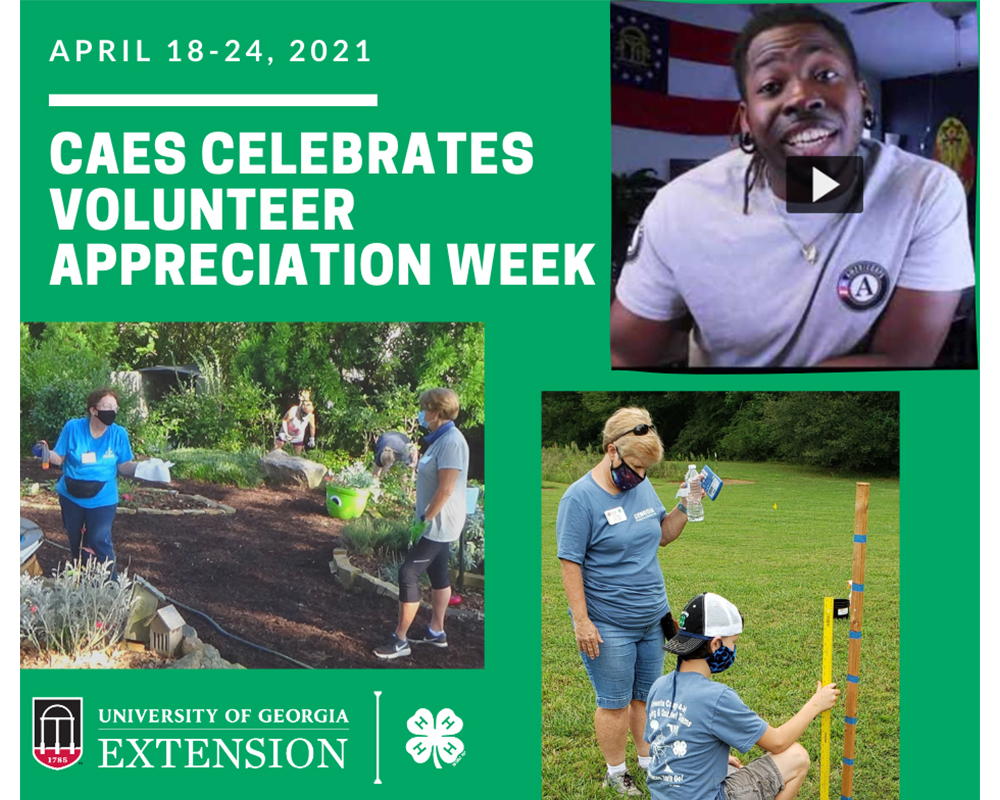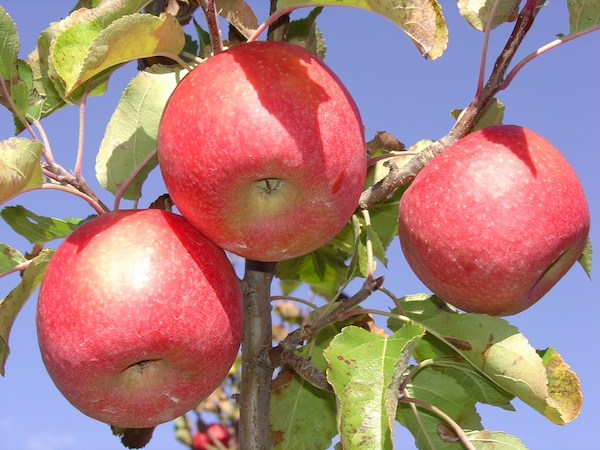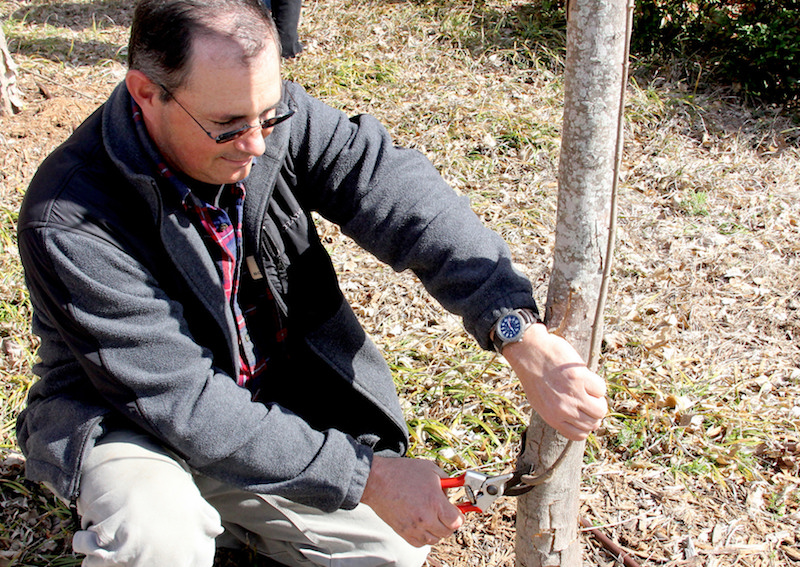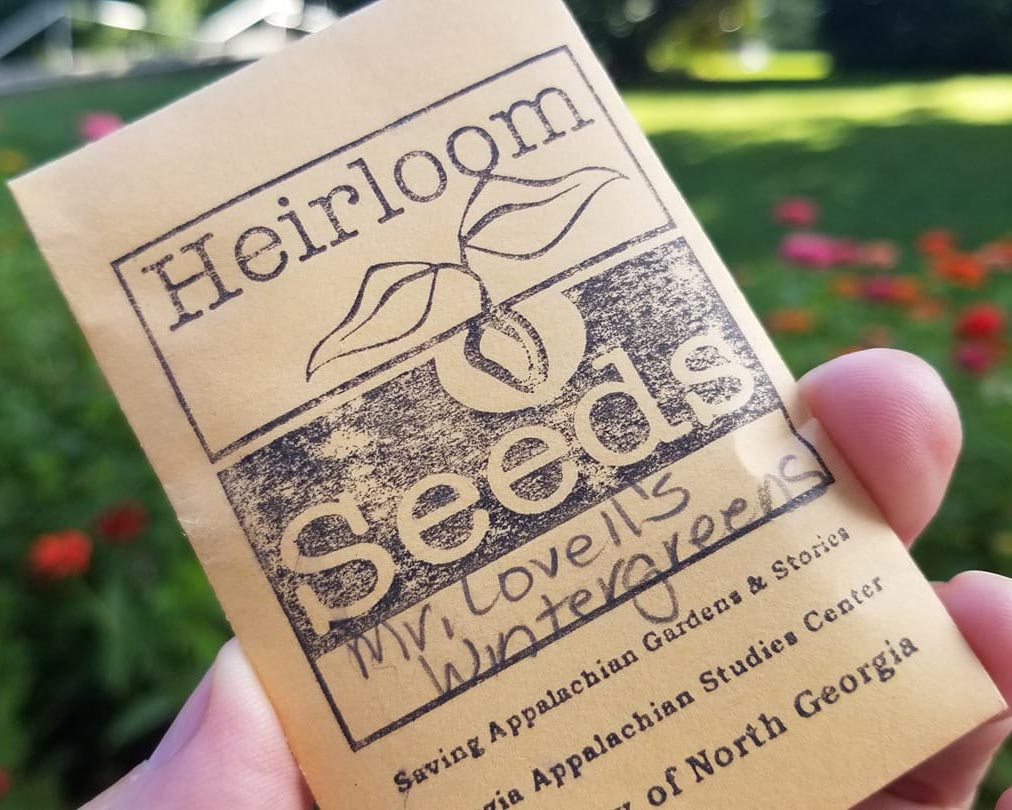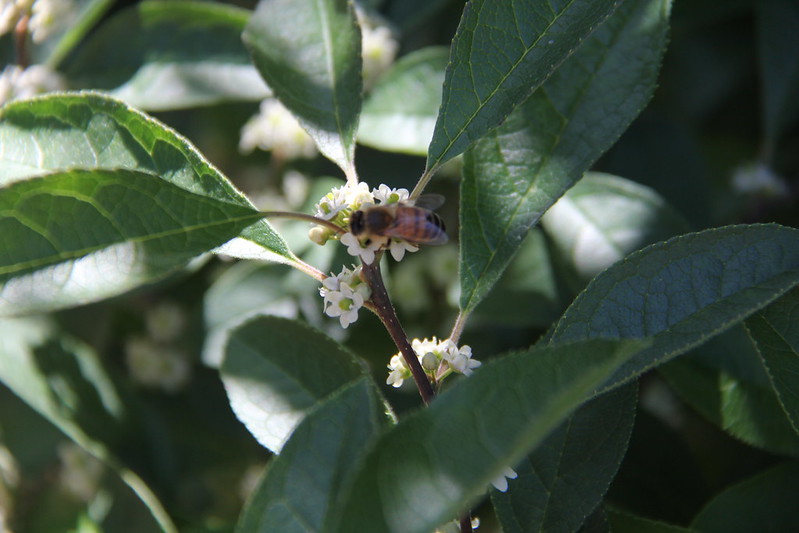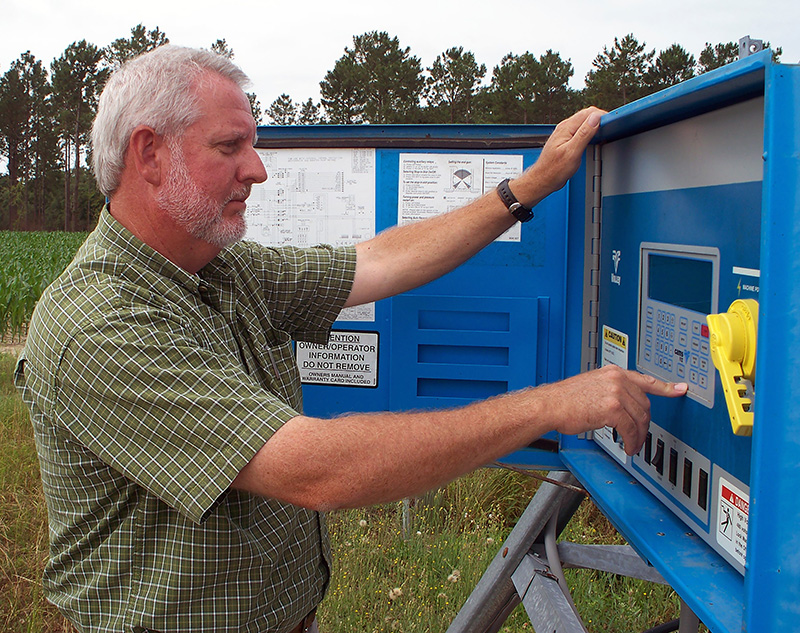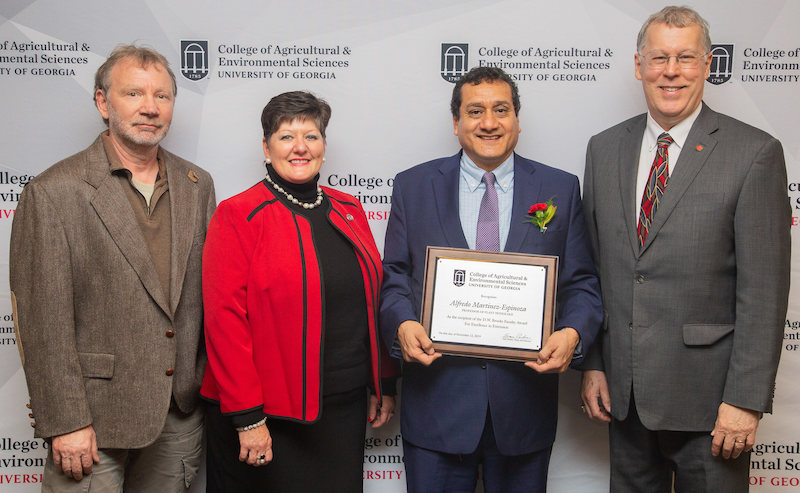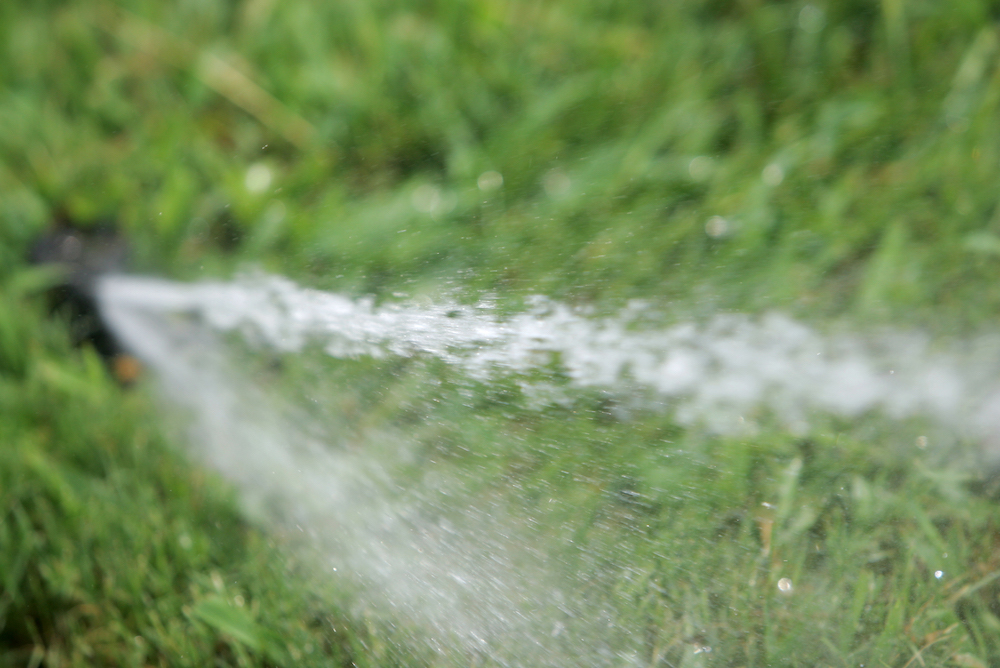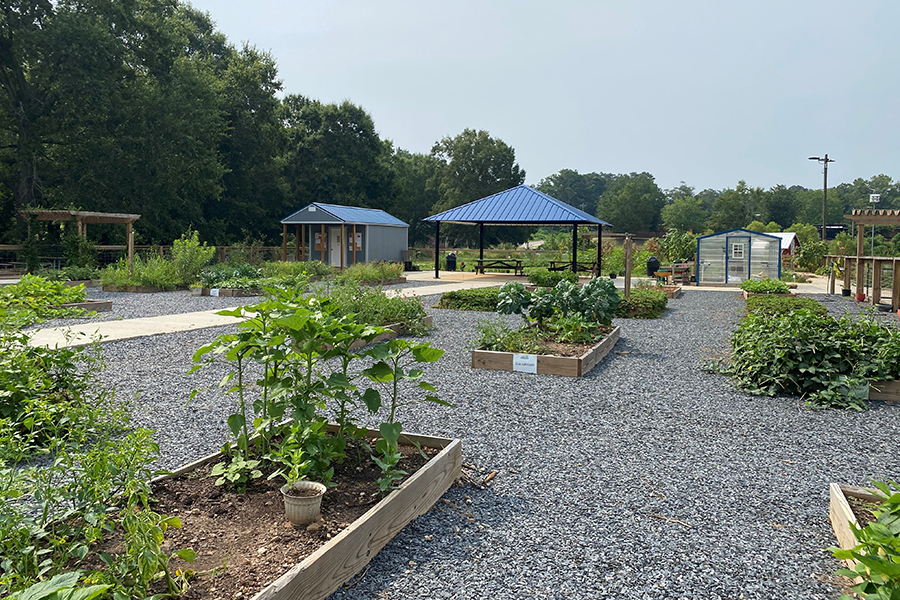 CAES News
CAES News
Community Garden
Labeled a food desert by the U.S. Department of Agriculture, the Fairmont community in Griffin, Georgia, has historically had slim options for sourcing fresh, nutritious food nearby. But this desert is becoming an oasis of fresh fruits and vegetables thanks to a group of dedicated agencies and volunteers who have worked hard for nearly 10 years to create a thriving community garden.

